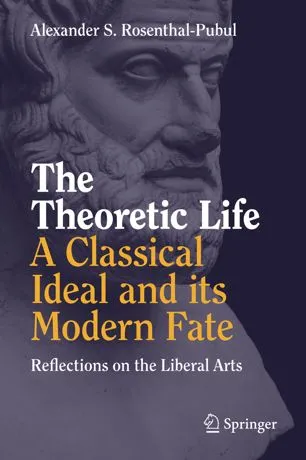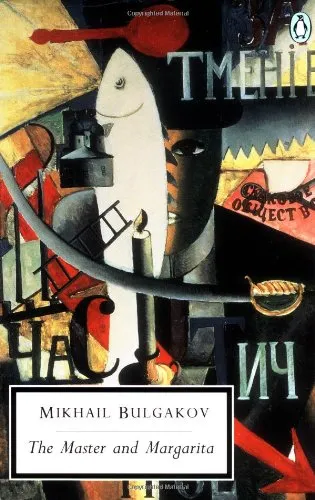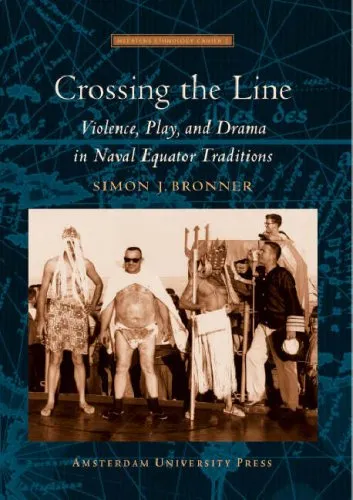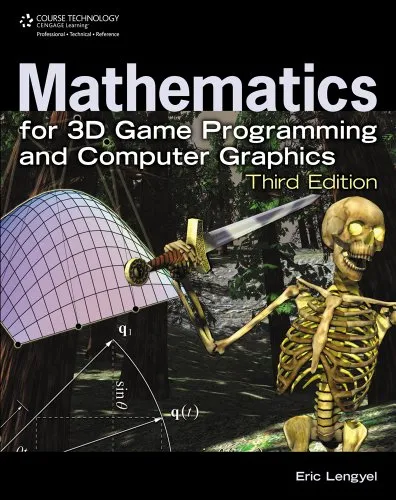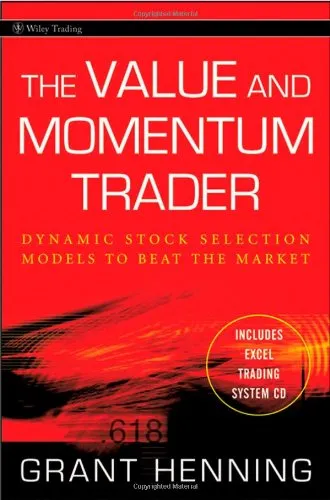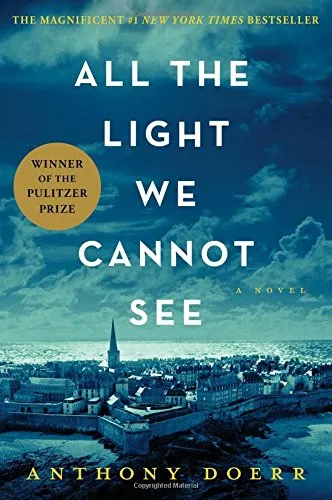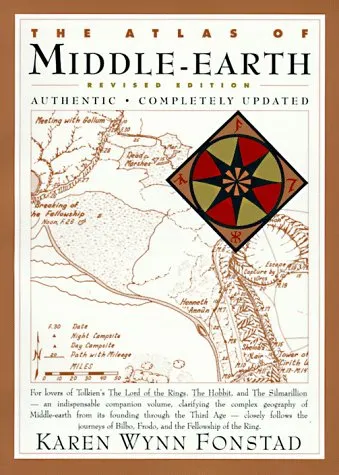The Theoretic Life - A Classical Ideal and its Modern Fate: Reflections on the Liberal Arts
4.7
بر اساس نظر کاربران

شما میتونید سوالاتتون در باره کتاب رو از هوش مصنوعیش بعد از ورود بپرسید
هر دانلود یا پرسش از هوش مصنوعی 2 امتیاز لازم دارد، برای بدست آوردن امتیاز رایگان، به صفحه ی راهنمای امتیازات سر بزنید و یک سری کار ارزشمند انجام بدینکتاب های مرتبط:
In this work, Alexander Rosenthal Pubul presents a broad examination of the ancient philosophical question: “What is the good life?”, while addressing how the liberal arts can help us to answer this question. Greek philosophy distinguished between the “noble” (what is good in itself), from the merely “useful” (good for something else). From thence follows the distinction between the liberal arts which pursue such noble goods and the mechanical arts which are only instrumental. For Aristotle, the most noble and excellent good is wisdom itself. Hence the theoretic life devoted to the love of wisdom for its own sake –philosophy - is the highest and the most excellent.This work theorizes the origins of modernity in a rebellion against this Greek conception resulting in a complete inversion of the classical hierarchy. Sir. Francis Bacon reconceiving the purpose of knowledge as power, enthroned technology over philosophy and the liberal arts. The unfolding of the modern Baconian revolution progressively sidelines the liberal arts, as practical economic and technical utility become the standard of value. In assessing this problem, the book engages in a capacious journey across disciplines like philosophy, history, art, politics, and science. It is also a veritable tour across the Western intellectual tradition including Socrates, Plato, Aristotle, Cicero, Seneca, Thomas Aquinas, Bacon, Descartes, Hume, Kant, Nietzsche, Dewey, Berdyaev, Einstein, and Heidegger. It pleads the urgent need to preserve the humanizing cultural ideals of the ancient classics against the modern tyranny of utility and the dangers of a new barbarism.
دانلود رایگان مستقیم
شما میتونید سوالاتتون در باره کتاب رو از هوش مصنوعیش بعد از ورود بپرسید
دسترسی به کتابها از طریق پلتفرمهای قانونی و کتابخانههای عمومی نه تنها از حقوق نویسندگان و ناشران حمایت میکند، بلکه به پایداری فرهنگ کتابخوانی نیز کمک میرساند. پیش از دانلود، لحظهای به بررسی این گزینهها فکر کنید.
این کتاب رو در پلتفرم های دیگه ببینید
WorldCat به شما کمک میکنه تا کتاب ها رو در کتابخانه های سراسر دنیا پیدا کنید
امتیازها، نظرات تخصصی و صحبت ها درباره کتاب را در Goodreads ببینید
کتابهای کمیاب یا دست دوم را در AbeBooks پیدا کنید و بخرید
1183
بازدید4.7
امتیاز0
نظر98%
رضایتنظرات:
4.7
بر اساس 0 نظر کاربران
Questions & Answers
Ask questions about this book or help others by answering
Please وارد شوید to ask a question
No questions yet. Be the first to ask!
قیمت نهایی
226,000 تومان
0
